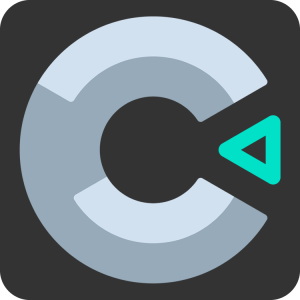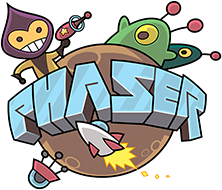Learning Resources
Curated collection of the best learning materials and tools
Computer Science YouTube Channels

Computerphile
In-depth computer science concepts, algorithms, and programming fundamentals explained by academics and experts.
Visit Channel →
Fireship
Fast-paced, bite-sized coding tutorials and tech news. Known for their "X in 100 seconds" series.
Visit Channel →
Theo - T3.gg
Full-stack development insights, TypeScript expertise, and modern web development practices.
Visit Channel →
freeCodeCamp
Comprehensive programming tutorials and courses covering various technologies and languages.
Visit Channel →
Ben Awad
Full-stack development, React deep dives, and software engineering career advice with a humorous twist.
Visit Channel →
3Blue1Brown
Beautiful visual explanations of computer science concepts, algorithms, and their mathematical foundations.
Visit Channel →AI YouTube Channels

Bycloud
AI tutorials and practical applications, focusing on the latest developments in artificial intelligence.
Visit Channel →
Matt Wolfe
AI tools, automation, and practical applications of artificial intelligence for creators and entrepreneurs.
Visit Channel →
AI Explained
Clear explanations of complex AI concepts, latest developments, and their implications for society.
Visit Channel →
Yannic Kilcher
Deep dives into AI research papers, machine learning concepts, and industry developments.
Visit Channel →
Two Minute Papers
Quick, engaging breakdowns of the latest AI research papers and technological breakthroughs.
Visit Channel →
Sentdex
Practical machine learning tutorials, Python programming, and hands-on AI project implementations.
Visit Channel →Online Courses
Development Tools

Unreal Engine
Professional game engine with advanced graphics capabilities. Popular for AAA games.
Download →
Unity
Versatile game engine for 2D and 3D games. Great for indie developers and mobile games.
Download →Programming Languages
Front-end Languages
- HTML5 - Structure and content
- CSS3 - Styling and animations
- JavaScript - Interactivity and functionality
- TypeScript - Typed JavaScript
- Dart - For Flutter development
Back-end Languages
- Python - Versatile and readable
- Java - Enterprise and Android
- Node.js - JavaScript runtime
- Go - Fast and efficient
- Rust - Systems and performance
- PHP - Web development
- C# - Microsoft ecosystem
Database Languages
- SQL - Relational databases
- MongoDB Query - NoSQL databases
- GraphQL - API query language
- Lucene Query - Search engines
- CouchDB - Document databases
- Cypher - Graph databases (Neo4j)
Mobile Development
- Swift - iOS development
- Kotlin - Android development
- React Native - Cross-platform
- Flutter/Dart - Cross-platform
- Objective-C - Legacy iOS
System Programming
- C - Low-level programming
- C++ - Systems and games
- Assembly - Hardware level
- Rust - Safe systems programming
- Go - Modern systems
Domain-Specific Languages
- R - Statistical computing
- MATLAB - Mathematical computing
- Solidity - Smart contracts
- GLSL - Graphics shading
- Terraform - Infrastructure as code
Game & Scripting Languages
- Lua - Lightweight scripting
- Luau - Roblox's optimized Lua variant
- GDScript - Godot's scripting language
- UnrealScript - Legacy Unreal Engine
Low-Level Languages
- Machine Language - Direct CPU instructions
- Binary/Hex - Raw computer code
- Assembly - Human-readable machine code
- Microcode - Hardware-level programming
Security Considerations
⚠️ Legacy Languages & Security Risks
-
PHP < 8.0
Older versions lack modern security features. Use PHP 8+ or consider Node.js/Python.
-
Python 2.x
Officially retired. Migrate to Python 3.x for security updates and modern features.
-
Classic ASP
Deprecated. Use ASP.NET Core for modern, secure web development.
-
ColdFusion (Legacy)
Consider modern alternatives like Node.js or Java Spring Boot.
-
Machine Language/Raw Binary
Extremely low-level and error-prone. Still used in embedded systems, firmware, and hardware programming. Requires extensive security auditing and validation.
🛡️ Security Best Practices
- Always use the latest stable versions
- Keep dependencies updated
- Follow security advisories
- Implement proper input validation
- Use modern authentication methods







